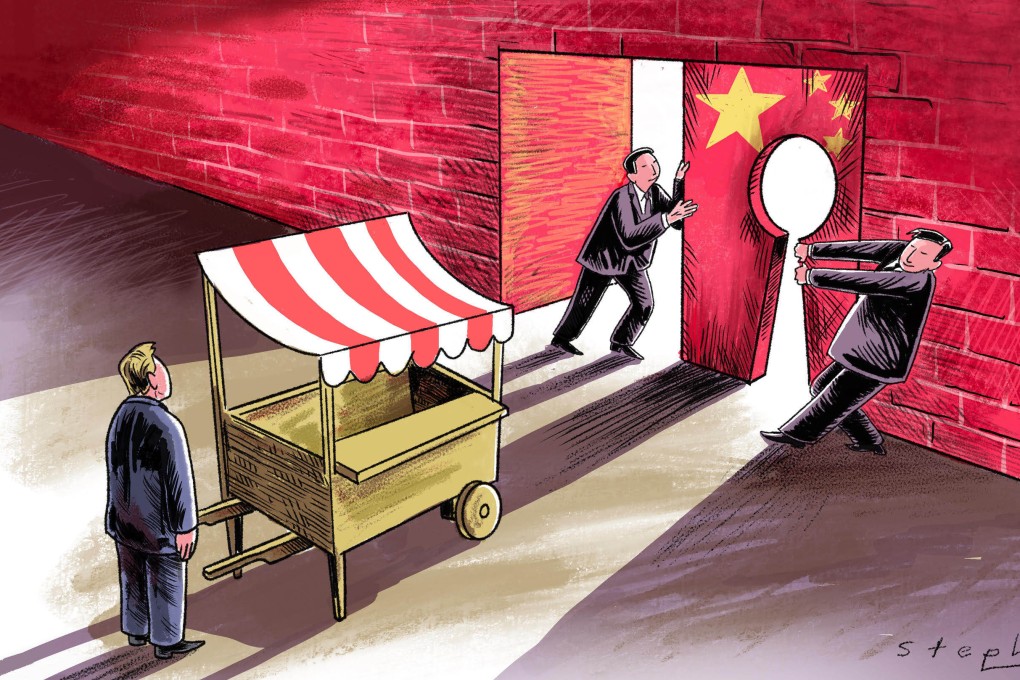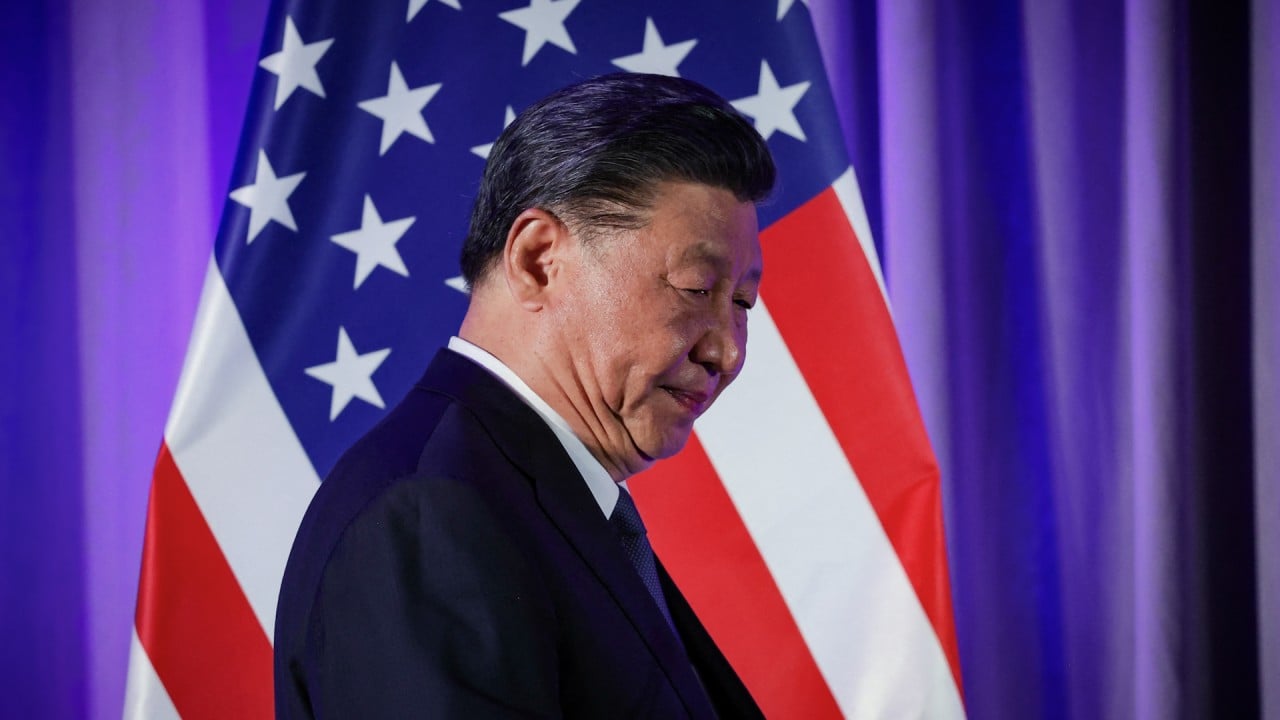Advertisement
Opinion | 3 steps China must take to remain attractive to investors
- Beijing should work to restore the confidence of domestic and global investors to ensure continued economic growth benefits everyone
- Focusing less on security, increasing data transparency and minimising uncertainty around government actions would be a good start
Reading Time:4 minutes
Why you can trust SCMP
3

In his speech addressing an exclusive banquet in the US, President Xi Jinping affirmed that “the world needs China and the United States to work together for a better future”. He called on both parties to avoid seeing “the other side as a primary competitor”.
Advertisement
His conciliatory remarks appear to put to rest the notion that the highest echelons of China’s leadership no longer value their long-standing partnership with the West as the Global South continues to rise. While Southeast Asia and the Gulf are significant to China’s vision of a multipolar world order, the US and Europe remain instrumental economic and financial partners from which decoupling is not an option.
The olive branch extended in San Francisco will go some way to assuaging the concerns of foreign investors and businesses about operating in China. Beijing recorded its first quarterly deficit in foreign direct investment (FDI) in November. This should be put in context, though: as of 2021, inbound investment comprised less than 2 per cent of national GDP.
Despite the difficulties involved, some US and European firms are shifting investment from China to other developing markets, such as India and Vietnam. Those who dismiss the importance of this often invoke the “West is in decline, East is on the rise” mantra to suggest China doesn’t care about dwindling capital inflows.
However, this ignores the fact that FDI is often viewed as a bellwether for economic health and credibility. Domestic entrepreneurs and private investors also turn to FDI volumes in deciding capital allocation and business plans. It is not too late for Beijing to embrace pragmatic measures aimed at arresting the free fall in confidence and repairing China’s attractiveness for international investors.
First, too much focus on security does not help attract and retain foreign businesses and expatriate workers. National security is a prerequisite for stability and social order, but securitisation of the social and business spheres can only be to the detriment of economic stability.

Advertisement
.png?itok=bcjjKRme&v=1692256346)
